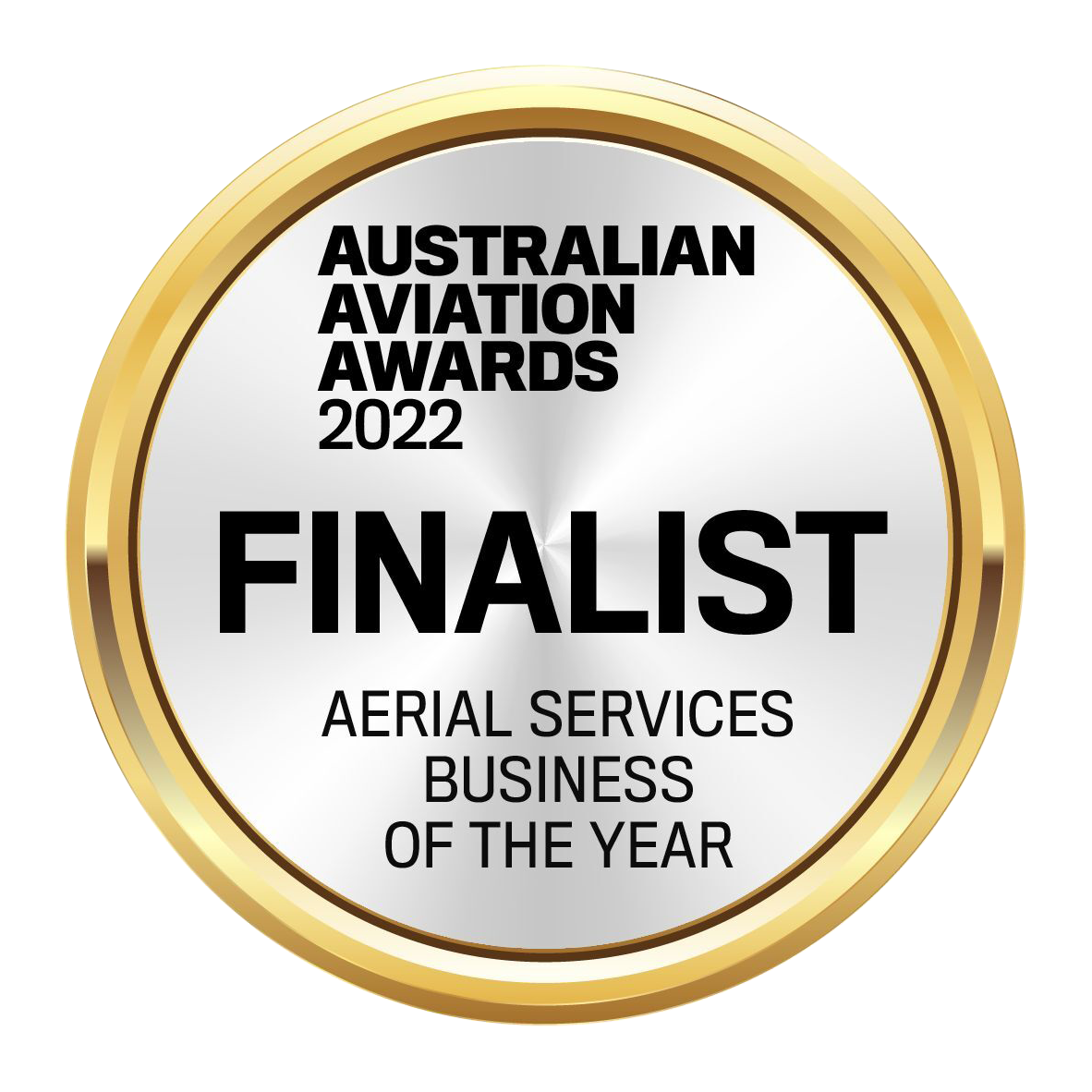In recent years, the environmental impact of aviation has become a crucial topic of discussion in Australia’s business community. As organisations increasingly prioritise sustainability in their operations, questions often arise about the environmental footprint of business charter flights compared to commercial aviation. Whilst there are common misconceptions about private aviation’s environmental impact, the reality is more nuanced than many might think. This article explores the facts behind business charter flights’ environmental implications, examining current innovations in sustainable aviation, and highlighting how the industry is working to reduce its carbon footprint across Australia.
Understanding the Real Environmental Impact
The environmental impact of business charter flights must be evaluated in context. Whilst it’s true that private aircraft typically carry fewer passengers than commercial flights, modern charter aircraft are increasingly fuel-efficient and often take more direct routes than commercial alternatives. This is particularly relevant in Australia’s vast landscape, where business charter flights can avoid the hub-and-spoke model of commercial aviation, potentially reducing total fuel consumption on certain routes.
Modern Fleet Efficiency
Today’s charter aircraft operators in Australia are investing in newer, more fuel-efficient aircraft. These modern jets often consume 20-30% less fuel than their predecessors from just a decade ago. Key improvements include:
- Advanced aerodynamic designs that reduce drag and improve fuel efficiency
- Modern engine technology that optimises fuel consumption
- Lightweight materials that reduce overall aircraft weight
- Smart flight planning systems that calculate the most fuel-efficient routes
Direct Routing Benefits
One often-overlooked aspect is the efficiency of direct routing. When flying between regional Australian centres, charter flights can:
- Take the most direct path between destinations
- Avoid unnecessary layovers and connecting flights
- Reduce total flight time and fuel consumption
- Minimise ground operations and associated emissions
Industry Innovations and Sustainable Initiatives
The Australian charter flight industry is actively working to reduce its environmental impact through various initiatives. Many operators are implementing comprehensive sustainability programmes that go beyond just fuel efficiency.
Sustainable Aviation Fuel (SAF)
Several Australian charter operators are leading the way in adopting Sustainable Aviation Fuel:
- Partnerships with local renewable fuel producers
- Investment in SAF research and development
- Commitment to increasing SAF usage in their fleets
- Support for local sustainable fuel infrastructure development
Carbon Offset Programmes
Many charter operators now offer comprehensive carbon offset programmes:
- Partnership with Australian conservation projects
- Investment in renewable energy initiatives
- Support for local reforestation efforts
- Transparent reporting of environmental impact
Operational Improvements
The industry continues to implement operational improvements to reduce environmental impact:
- Advanced flight planning to optimise routes and reduce fuel consumption
- Reduced ground running time through efficient scheduling
- Implementation of paperless cockpit systems
- Enhanced maintenance programmes to ensure optimal engine performance
Future Developments
The Australian charter aviation industry is actively investing in future technologies:
- Electric aircraft research and development for short-haul routes
- Hydrogen fuel cell technology exploration
- Advanced air traffic management systems
- Enhanced weather prediction for more efficient routing
Making Informed Decisions
When considering business charter flights, organisations can take several steps to minimise environmental impact:
- Choose modern, fuel-efficient aircraft
- Opt for direct routing when possible
- Participate in carbon offset programmes
- Consolidate trips where feasible
- Consider load factors and passenger capacity
We understand that while our charter flights have an environmental impact, our industry is making significant strides in reducing its carbon footprint. Through technological advancement, operational improvements, and sustainable initiatives, we’re working to provide more environmentally responsible travel solutions. As our sector continues to evolve, we’re seeing the gap between charter and commercial aviation environmental impact narrowing, particularly when considering the efficiency of direct routing and modern aircraft technology.
If you’re seeking to balance business efficiency with environmental responsibility, we offer increasingly sustainable solutions. At FlightCharter.com.au, we provide modern aircraft and efficient routing options that support our industry’s transition to a more sustainable future. By choosing operators with strong environmental commitments and participating in carbon offset programmes, you can make more environmentally conscious travel decisions while meeting your business needs.



